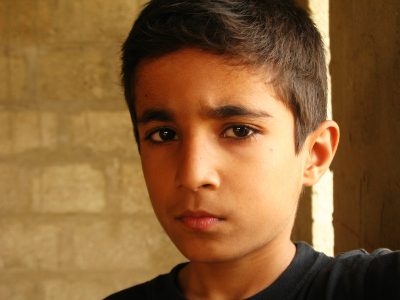Childhood Illness Onset Produces Worse Outcomes
There is more evidence that childhood onset of bipolar illness means a more difficult course of illness. In a study published in World Psychiatry in 2012, Baldessarini et al. pooled data from 1,665 adult patients with bipolar I disorder at seven international sites and compared their family history of bipolar disorder, outcomes, and age of onset. Among these patients, 5% had onset in childhood (age <12 years), 28% during adolescence (12-18), and 53% during a peak period from age 15-25.
Patients who were younger at onset had more episodes per year, more co-morbidities, and a greater likelihood of a family history of the illness. Patients who were older at onset were more likely to have positive functional outcomes in adulthood, like being employed, living independently, and having a family.


